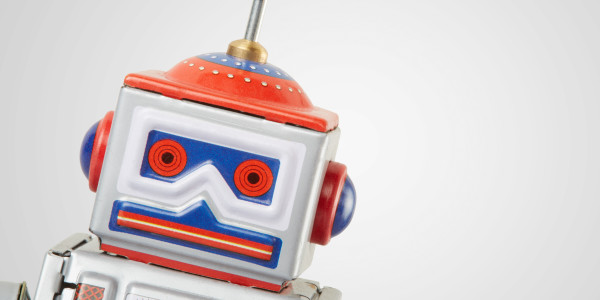Halloween is just around the corner, making this a perfect time to talk about all things spooky. Monsters are scary, and zombies are scary. Even downtime can be scary if you work in manufacturing. But are robots scary?
Industrial robots have always been regarded as a friend of the manufacturer. Industrial automation has made some incredible things possible throughout the years. But lately, machinery has gotten so advanced that it is causing a little unrest.
Ever since robots were first dreamt up, there has been a fear that they would somehow bring about the downfall of mankind. Often this downfall is articulated in the form of world domination, enslavement of the human race, or the eradication of mankind. Rossum’s Universal Robots was the play that first introduced the word “robot” to the English language, The robots in the play almost completely wipe out the human race in a robot revolution. Humans and robots got off on the wrong foot.
The idea that robots will replace men seems like pure science fiction; however there are some who worry that industrial robots could replace the need for human workers. It’s not quite as dramatic as a robot uprising, but for some, the idea that robots could replace a human workforce is a real concern.
There are certainly advantages to robot workers. Purchasing a robot is a much cheaper alternative to paying workers wages year after year. Since industrial robots are powered by things like servo motors, controls, and drives, they don’t get tired or require breaks like people do. Machines are more efficient, more accurate, and more productive than people are. On paper, if you had to choose between a human worker and a robot, machinery would be the clear choice.
However, it’s not necessarily a matter of either-or. Sure, industrial robots are replacing many jobs once held by humans, but there are still many positions held by people. In fact, there are companies developing robots to aid humans rather than replace them.
Collaborative robots are machines designed to work with humans to increase productivity and efficiency. Collaborative robots have a number of advantages over industrial machinery. Unlike industrial robots, collaborative robots are safe enough to operate without a barrier from humans. They’re also incredibly versatile and relatively affordable when compared to industrial machinery.
So should we be afraid of robots? No. Well, at least not the industrial robots that help us make manufactured goods, or the collaborative robots that make human work easier and more efficient. However, if you ever hear the toaster speak of revolution, you might want to start to panic.
